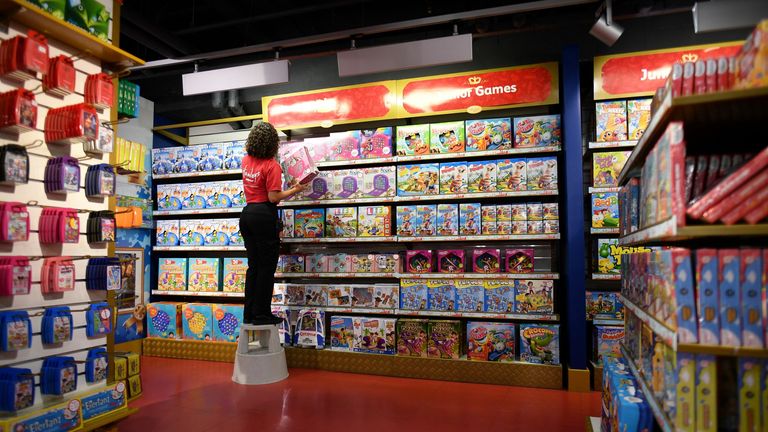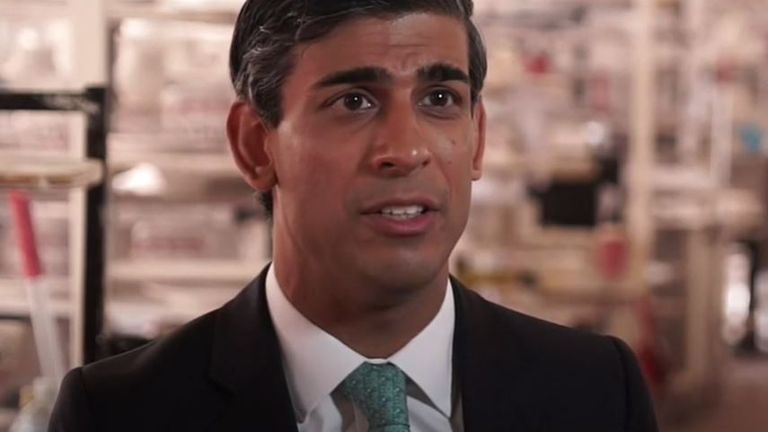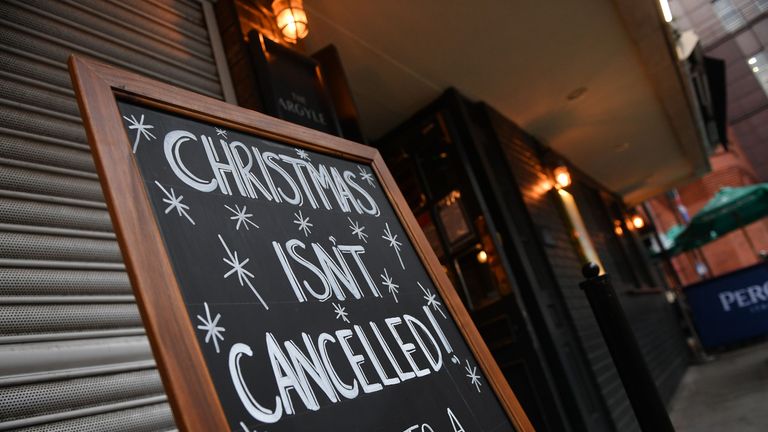Furlough payments will be extended at 80% for the duration of England’s second lockdown, the prime minister has confirmed.
After announcing the strictest blanket coronavirus measures since March, Boris Johnson said the furlough scheme would continue through November until 2 December.
He said the end of the scheme, in which employees will receive four-fifths of their current salary up to a maximum of £2,500 of hours not worked, would coincide with the “easing of restrictions” and a return to the tiered system.
He said the scheme would differ from when it was first introduced, with it now being “time-limited”. He also apologised for the hardship facing businesses as a result of the second lockdown.
“That’s why we are going to extend the furlough system through November. The furlough scheme was a success in the spring and supported people in businesses in a critical time,” he said.
“We will not end it, we will extend furlough until December.”
This move could prove crucial to non-essential retail and hospitality services forced to close in the four-week lockdown, along with pubs, cafes and restaurants – who can offer only takeaways.
However, Trades Union Congress’s (TUC) general secretary Frances O’Grady said families would face a “grim winter” because of the delay in support.
She said: “The extension of the furlough scheme is long overdue and necessary, but ministers must do more to protect jobs and prevent poverty.
“Furlough pay must never fall below the national minimum wage.”
Universal Credit must be boosted, she said, while urging the government not to “abandon” the self-employed.
There were also calls from business leaders for the Test and Trace system to be fixed so workers are not asked to self-isolate without enough sick pay.
Jonathan Geldart, the director general of the Institute of Directors, said the new restrictions would inflict “great strain on an already fragile business community”, but said furlough would be a relief to many firms.
“Small company directors who have gone without support throughout the crisis should be helped through local authority grants,” he added.
Both the British Retail Consortium chief executive Helen Dickinson and Jace Tyrrell, the chief executive of the New West End Company, described the lockdown as a “nightmare before Christmas”.
Ms Dickinson said: “It will cause untold damage to the high street in the run up to Christmas, cost countless jobs, and permanently set back the recovery of the wider economy, with only a minimal effect on the transmission of the virus.”
She said the previous lockdown cost non-essential shops a weekly £1.6bn loss and expected the impact of the second lockdown to be worse.
She suggested there could be “a significant economic impact on the viability of thousands of shops and hundreds of thousands of jobs across the country” – despite the thousands of pounds retailers have spent on COVID-safe measures.
Mr Tyrrell said this year’s pre-Christmas months are becoming “some of the most difficult trading periods we’ve ever experienced”.
“Retailers and the public need to be reassured that there is light at the end of the tunnel, as continued uncertainty and stop start measures are undermining confidence and worsening an already catastrophic situation,” he said.
Echoing Mr Tyrrell was Wales’s counsel general, Jeremy Miles, who tweeted: “This should have been extended a long time ago.
“And if you believe ‘We Stand Together’ – why didn’t you act when it was business and workers in Wales, Scotland, Northern Ireland and the north of England who were looking for the support?”



